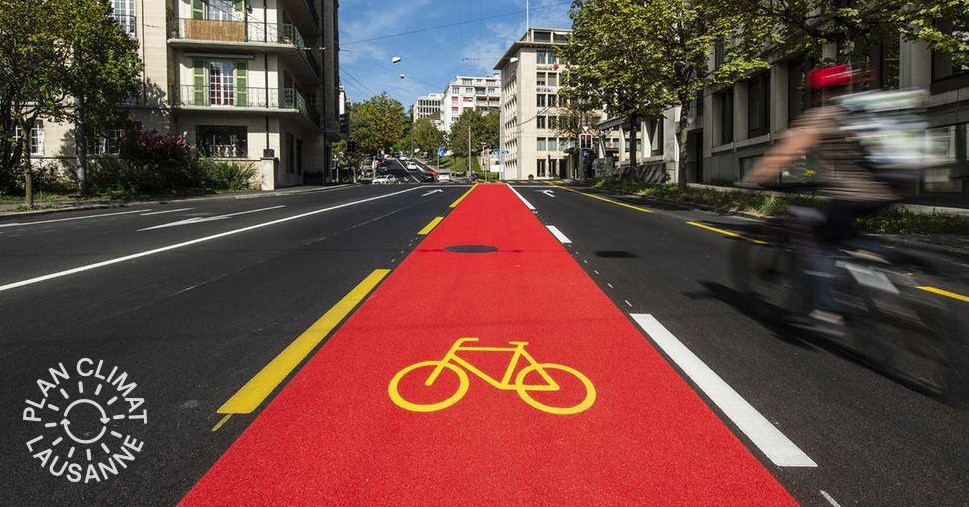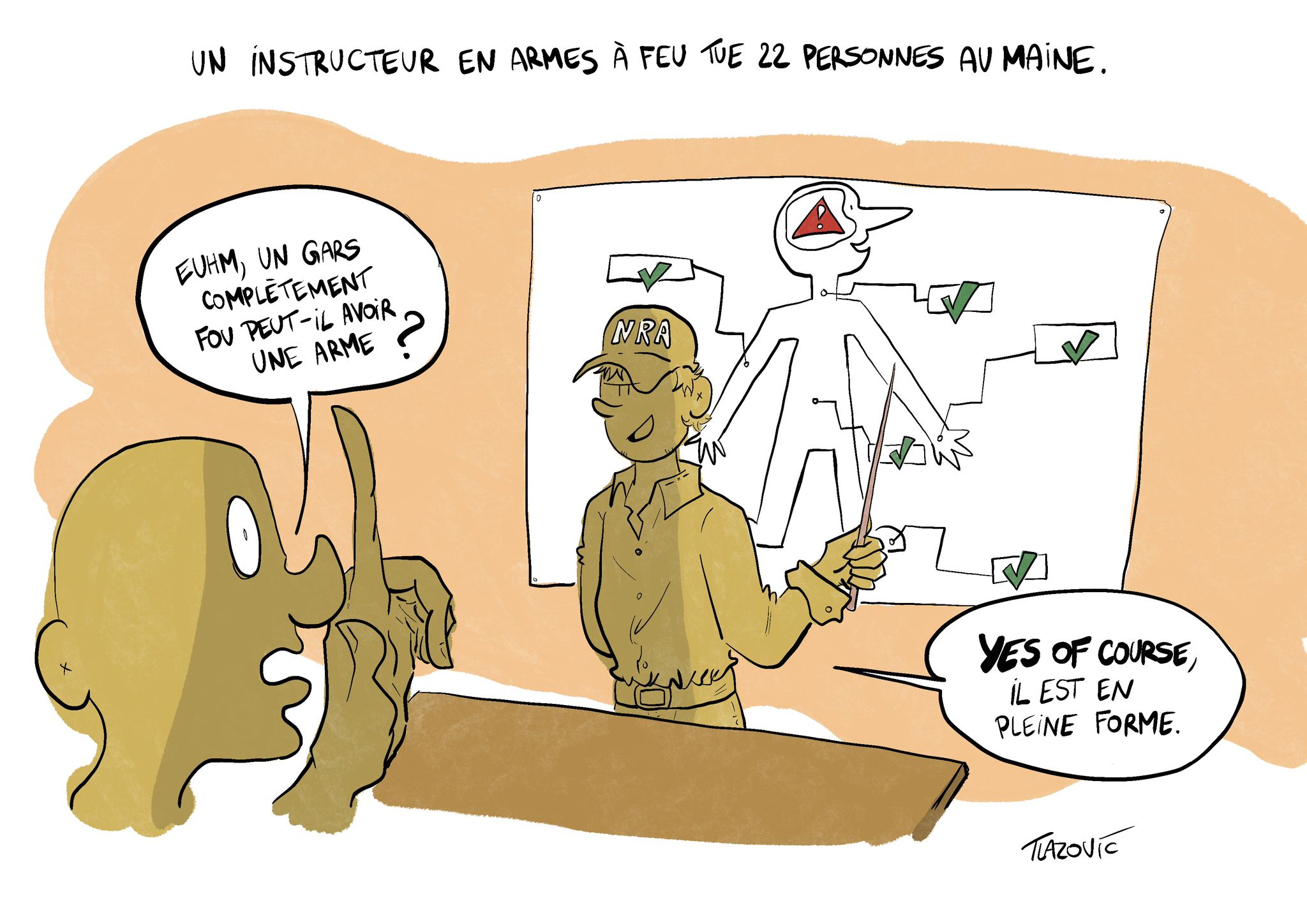Climate change represents a fundamental challenge with unprecedented implications in all aspects of society [1]. It is scientifically certain that greenhouse gas emissions-produced mostly by the burning of fossil fuels are behind this phenomenon [2][3]. The central objective of the 2015 Paris Agreement according to the notion of climate justice with a universal approach, is to strengthen the global response to the threat of climate change. This is based on the idea of accelerating and intensifying the actions and investments needed for a sustainable low-carbon future [4]. Switzerland ratified the Paris Agreement in 2017, committing to halving emissions by 2030 compared to 1990 levels, with an indicative reduction target of 70-85% by 2050 [5]. Working closely with these commitments, the city of Lausanne presented its ambitious climate plan action last week, in which it seeks to be climate neutral by 2050.
The local government wants to develop a voluntary climate policy to build Lausanne into a healthy and inclusive zero-carbon zone which will lead to a better quality of life for everyone. The city aims to achieve zero direct emissions by 2030 in the mobility sector and zero for total direct emissions [a] at the latest by 2050. For this purpose, Lausanne has opted for a climate policy focused on a sustainable mobility [b] paradigm [6]. Following an assessment, the complete climate plan [c] has three levers of action which are mobility, space heating and waste management.
In terms of mobility, it proposes several measures (170) which include: a decrease by nearly half in individual motorized transport kilometres; an increase of 50% in public transport kilometres and 20% in kilometres walked. Additionally, it envisages a seven-fold multiplication of kilometres covered by bicycle and most strikingly, a ban of all combustion vehicles from the city by 2030 [7]. To avoid any kind of social fracture vis-à-vis these restrictive measures, a significant reduction in public transport prices is planned in 2021, including the extension of annual subscriptions at half price to retirees and youths in education up to the age of 25. Regarding infrastructure, the walking area in the center of Lausanne will be expanded and a main bicycle route will be created from each cardinal point to the center of the city. The municipality indicates that this environmental policy responds to a collective project that seeks to empower its citizens. Therefore, a series of consultations and participatory processes will be developed from the summer of 2021 ‘to act together to build the city of tomorrow‘ [7]. However, so far, there is no legal basis to enforce the environmental restrictions by the municipality of Lausanne, admitted the councillor responsible for traffic Florence Germond [8]. These concerns are not institutional but cantonal and requires a shift in the cantonal and federal framework conditions regarding climate change adaptation strategies.
Although this contestation of the social norms of the car may seem extreme, especially to members of the Swiss Automobile Club, some 24 European cities accounting for 62 million people are banning diesel vehicles over the next decade, including 13 that will forbid all combustion cars in an effort to stop flouting emissions limits [9]. This endeavor is supported by the 2050 long-term strategy of the European Commission that seeks to achieve a climate-neutral society [10]. Confronted with this process of decarbonizing cities [11], electric mobility emerges as an increasingly popular solution.
However, a spike in demand for electric vehicles has altered the dynamics of the global market for lithium, a key component of their batteries [12]. This has triggered a mining boom since 2012 with significant environmental consequences in the Global South [d]. The exploitation of lithium feeds a neo-extractivism [13] process accompanied by socio-environmental conflicts, territorial turns, and new political narratives [14]. Territorial dispossession is commonplace, as is the commodification of nature and the overexploitation of local resources – such as in the Atacama Desert in Chile: the indigenous communities in this zone are forced to compete for natural resources such as water with the mining companies that have established them [15]. This situation has generated socio-ecological conflicts especially because water resources do not only have material value but also a cultural and spiritual significance for these communities [16]. Addressing this issue, the European Commission proposes to update relevant legislation through its Green Deal plan: ‘Sustainable Batteries for a Circular and Climate-Neutral Economy’ [17]. This means that lithium-ion batteries should be produced with the lowest possible environmental impact, using materials obtained in full respect of human rights and social and ecological standards.
The fight against climate change requires collective efforts that do not marginalize and must be part of a long-term ecologic and democratic perspective. It remains unclear whether the endeavours of so many European cities, such as Lausanne, represent political tokenism or an actual strategic response to the current backlog of actions related to climate adaptation. Let’s hope it’s the latter: the transgressive propositions against our current lifestyles offer the possibility of a real sustainable future and not merely utopian narratives.





Laisser un commentaire
Vous devez vous connecter pour publier un commentaire.